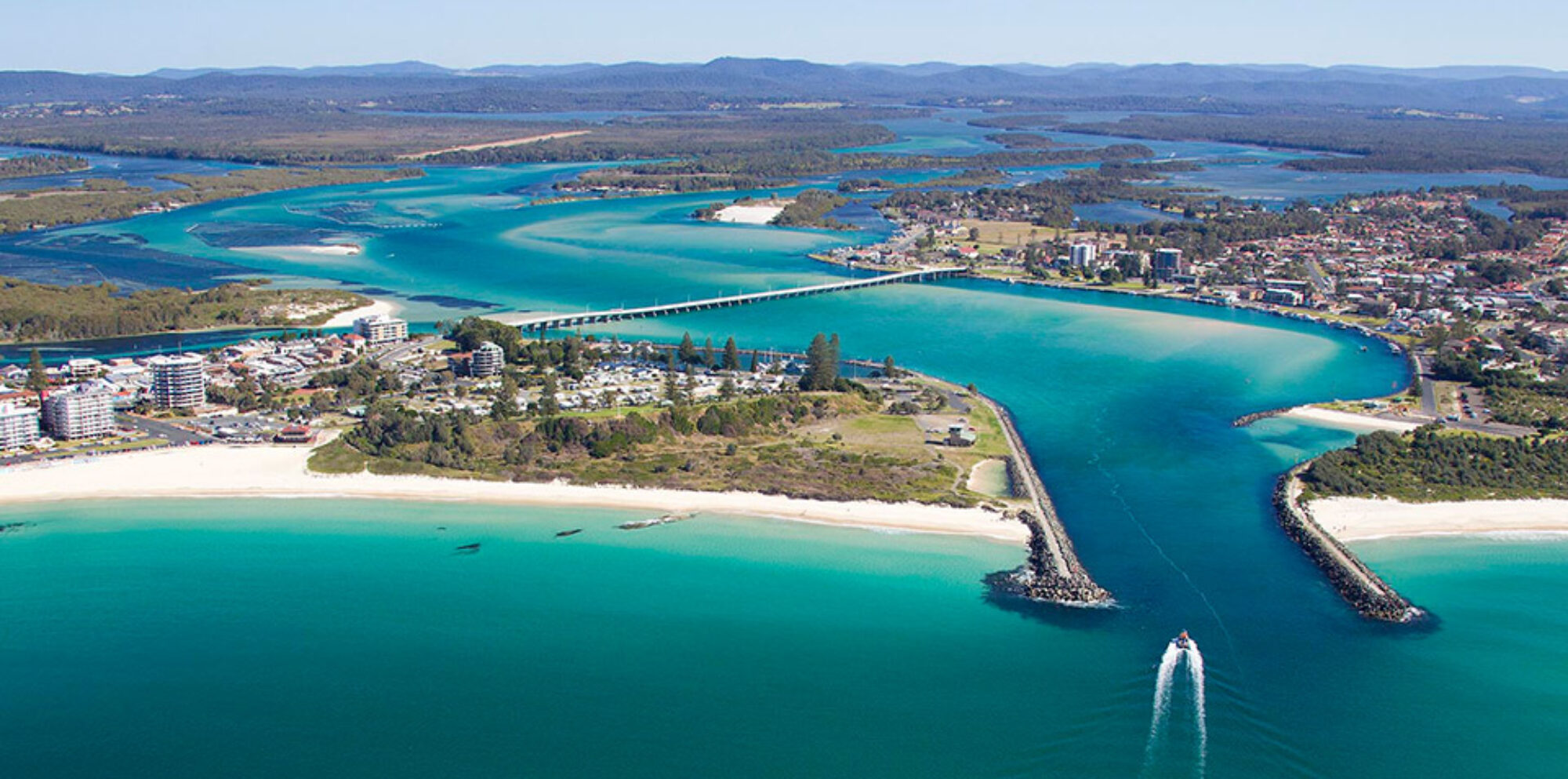“Take nothing but photographs, leave nothing but footprints”.
The concept of leaving no trace, of not having an impact on the environments we visit in our outdoor adventures is an important one. It recognises that these areas are valuable and should be enjoyed by everyone, for all time. If we do not clean up after ourselves and do not treat the areas we visit well, they will be damaged, often permanently. There are 7 main principles of the ‘Leave no Trace’ philosophy. These are:
- Plan ahead and prepare– Planning an appropriate route, food choices to minimise wastage and packaging, carrying the appropriate equipment etc will allow for an experience that will be less damaging to the environments we visit. For more information, click here to review what was covered earlier in the core content of this course.
- Travel and camp on durable surfaces– The effects of humans travelling through and camping in nature can be dramatic, leading to erosion, damaging plant and animal species and impacting on waterways. Some tips to reduce this impact can include following set paths and only camping in designated areas. This will minimise the amount of land that is affected. When walking on beaches, try to walk when it is low tide to avoid walking through fragile sand dunes. The hard sand is also easier to walk on.
- Dispose of waste properly– Planning meals can go a long way to avoid the issue of waste packaging. If there is waste, it is important to secure it to avoid animals coming into the campsite. This not only begins to make them dependent on humans for food but can also harm them through eating the wrong foods or consuming plastics. The basic rule of thumb with any food waste or packaging is to take it with you and dispose of it properly when possible.
- Leave what you find– Not removing rocks, fossils or other things of interest we allow other people to also enjoy them. In some cases, we are also removing potential areas of habitat for some animals. eg- shells for small invertebrates to inhabit.
- Minimise campfire impacts– Although campfires can be enjoyable and a major part of the camping experience, it is important to plan and think about what can be done to ensure it does not have a negative impact on the environment around us. Some simple rules to follow when thinking about having a campfire should include only having fires in designated areas to avoid damaging too much of a campsite, think carefully about burning wood laying in the area as it could be habitat for animals and also ensuring that all fires are put out before leaving in order to avoid the potential for bushfires.
- Respect wildlife– It is important to recognise that the land supports the animals so we need to be vigilant about not damaging the land. When we come across animals in the wild, we should not feed them as it habituates them to humans. This can lead to them losing the skills needed to survive in the wild or becoming aggressive to humans if they are not fed. In the case of animals like dingoes, this can be lead to very negative consequences.
- Be considerate of your hosts or other visitors– It is important to think about the other people that we come into contact with or may impact on when we are enjoying our time in the outdoors. This could be as simple as cleaning a campsite before leaving, not being too loud if near other campers or following the rules as set out by groups such as National Parks or State Forests. It can also mean respecting the Traditional owners of the lands and treating their lands as they have asked.
For a more detailed look into the principles of ‘Leave no Trace’ camping, visit Leave no Trace Australia’s website.
